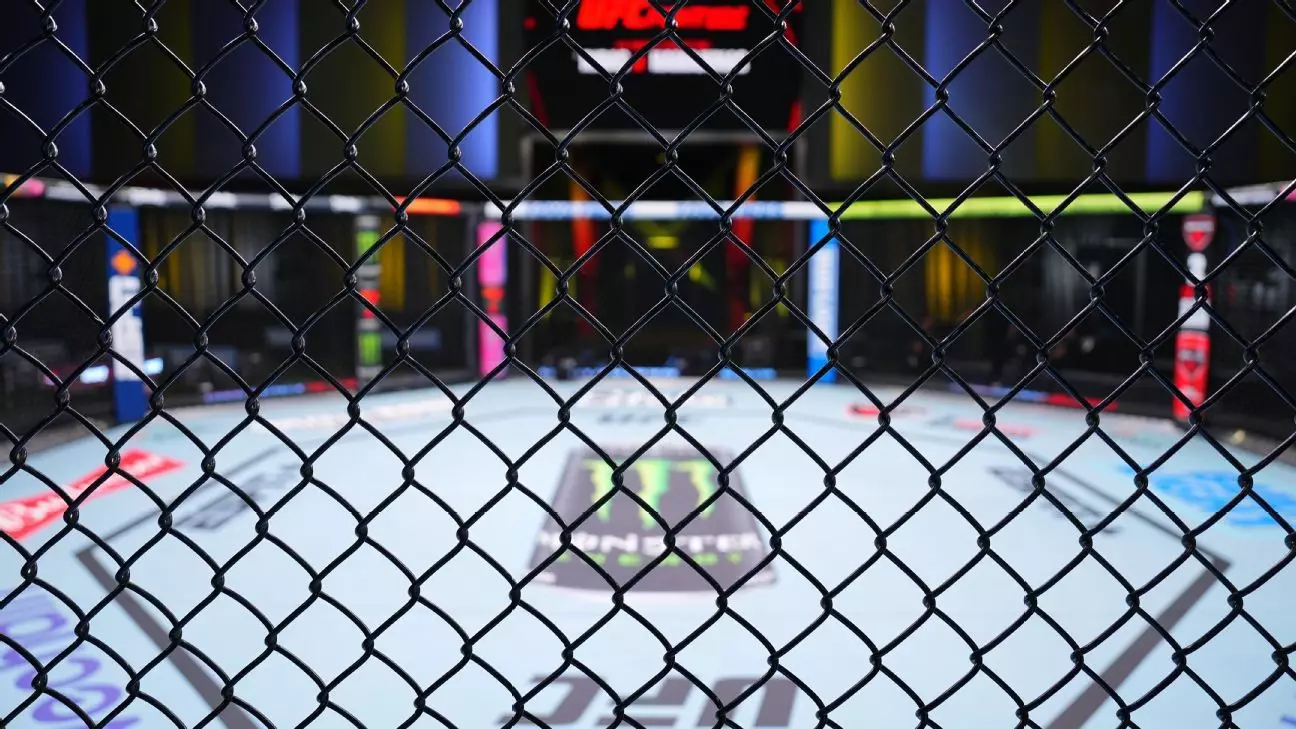The recent preliminary approval of a $375 million settlement by a Nevada judge marks a significant milestone in a protracted legal battle between UFC and its fighters. This settlement is the culmination of the Le v. Zuffa class-action lawsuit, which has been a source of contention since its inception in 2014. Led by Judge Richard Franklin Boulware II, the decision puts an end to more than ten years of litigation revolving around alleged antitrust violations within the UFC.
The history of this case is a reflection of the struggles faced by mixed martial arts (MMA) fighters in their fight for fair compensation and better working conditions. The litigation has persisted through numerous ups and downs, including an earlier settlement proposal that was rejected due to its inadequacy. Ultimately, the revised figure of $375 million focuses solely on claims made in the Le case, acknowledging the unique grievances of fighters active between 2010 and 2017.
While the approval of the settlement has been met with enthusiasm from the plaintiffs’ side, the UFC also expressed relief at moving forward. A spokesperson for the UFC acknowledged the progress toward concluding the Le case, marking a pivotal moment in the organization’s history and demonstrating a readiness to navigate its implications moving forward.
For Eric Cramer, lead attorney for the plaintiffs, the approval signifies a momentous achievement for the fighters involved. “It will get significant relief to hundreds of deserving MMA fighters,” he remarked, highlighting the precarious financial situations many athletes face. This sentiment was echoed by several fighters who provided statements detailing their financial hardships and personal experiences, which underscore the urgent need for this settlement.
One of the most poignant statements came from Shane Carwin, a former UFC interim heavyweight champion who is reportedly suffering from chronic traumatic encephalopathy (CTE). His testimonial illustrated how deeply ingrained the challenges associated with being a UFC fighter can be, emphasizing a lack of support once their fighting careers conclude. “This would truly be life-changing money for me and for other members of the class,” he stated, underscoring the human element in this prolonged legal saga.
The plight of these fighters raises important questions about the corporate structure of the UFC and its impacts on athletes. By allegedly prioritizing profits over the welfare of its athletes, the UFC has been accused of creating a monopolistic environment, which hampers fair competition not only for fighters but also for rival promotions. With this settlement, there is hope for more equitable practices in the UFC’s operations, as well as improvements in the contractual arrangements that bind these fighters.
Looking Ahead: Future Legal Battles
Despite the positive momentum generated by the Le v. Zuffa case, fighters and their advocates remain vigilant, as the second antitrust lawsuit—Johnson v. Zuffa—is still in process. Covering events and situations from 2017 onward, this case aims to implement more lasting changes to the UFC’s operational practices, seeking equitable treatment and proper compensation for fighters moving forward.
As both litigation processes continue, the outcomes may lead to significant structural changes within UFC, challenging its longstanding practices. Ultimately, the ongoing efforts from plaintiffs’ attorneys and the fighters themselves can usher in not just financial relief but also a systemic overhaul that could shape the future of mixed martial arts for generations to come.
The $375 million settlement is not just a financial resolution; it represents a pivotal shift in how the UFC may be compelled to conduct its business in the future. For many fighters, this historic decision is a beacon of hope amidst years of struggle and a testament to their resilience in fighting for fairness in the sport.


Leave a Reply